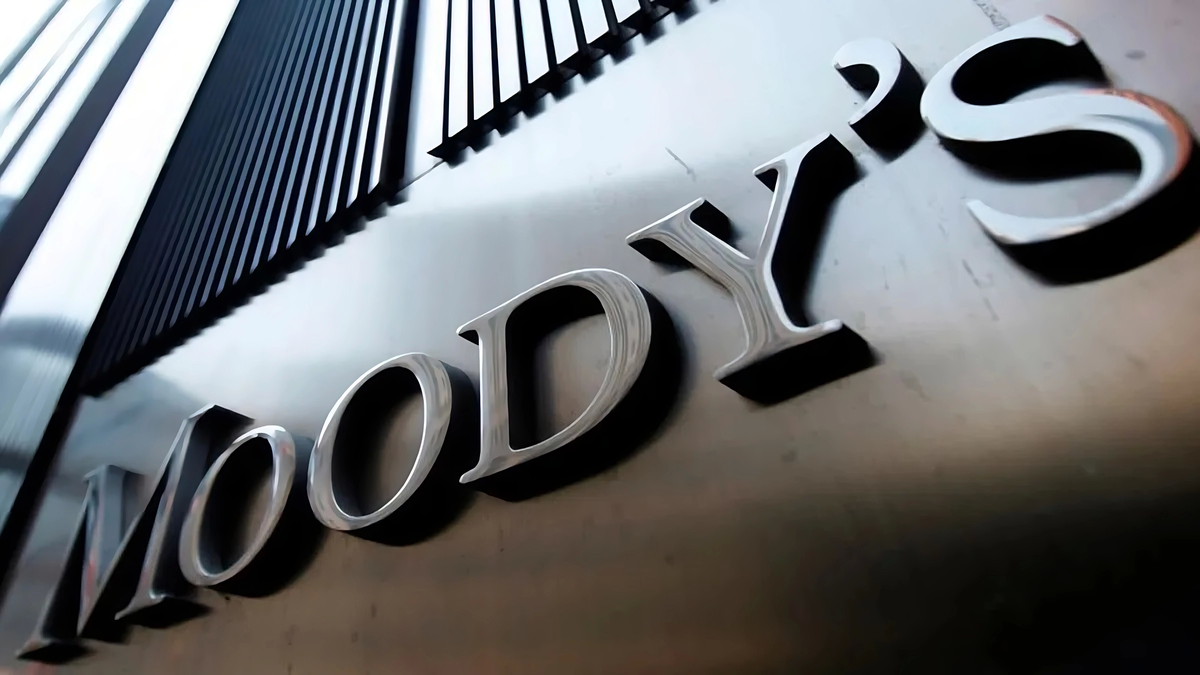The Argentine economy will face turbulent times in the remainder of 2023 and 2024. The fall in economic activity, an inflation annual that reaches three-digit figures, strict capital controls and growing political uncertainty threaten to weaken the credit quality of the companies. This dark prognosis emerges from a report by Moody’s Investors Servicewhich carefully evaluates financial and economic conditions in Argentina.
One of the points of concern identified in the study is the post-STEP devaluationwhich not only, according to the risk rating agency, further heated the price rise, but also tightened financial conditions and increased debt costs in dollars. This phenomenon generated a recessive dynamic that threatens to persist in the short term.
According to Moody’s, the economy will contract by around 3.5% in 2023 and an additional 2.5% in 2024after expanding by 5.2% in 2022. Inflation will accelerate to 200% in 2023 and 350% in 2024, compared to 95% in 2022. In addition, it highlights that the drought that reduced harvests further damaged to the economy due to direct disruptions of supply and loss of export earnings.
This situation will lead, according to the risk rating agency, to a possible tightening of controls on imports, which will further affect domestic demand and reduce the availability of capital, intermediate and consumer goods.
Elections, purchasing power and social demands
political uncertainty, exacerbated by the presidential electionsis also an important factor that contributes to economic instability. “The effectiveness of future policies in addressing macroeconomic imbalances is a cause for concern,” he adds. Moody’s.
In the workplace, the purchasing power of workers is expected to continue falling, as wages are “well below the inflation rate“In addition, companies face weakness in their operating results, lack of access to financing abroad and restrictions on access to foreign currency,”which increases the risk of debt restructuring“.
However, Moody’s highlights that the largest companies will be able to endure in this challenging operating environment thanks to their integrated business modelssignificant market shares, access to capital and solid liquidity. Despite the challenges, these companies have a foundation more solid to weather the economic storm.
In summary, according to Moody’s, Argentina faces a period of economic and financial uncertainty, with a series of adverse factors that threaten the stability of companies.
The rating agency highlights that the Government has taken measures to try to mitigate the crisis, “but these measures have had limited success”, so without significant change In economic policy, Argentina faces a gloomy outlook for the next few years.
JP Morgan: inflation of 190% annual in December
The investment bank JP Morgan launched an alarming forecast, in line with that of Moody’s, on the economic situation of the country, anticipating that inflation could reach an astonishing 190% annual for December. The discouraging prognosis is based on the continuing trend increase in costs, which will remain in double digits monthly for the remainder of the year. The combination of the recent devaluation and the absence of an effective economic stabilization plan further aggravates the situation.
The report of JP Morganprepared by Diego Pereira and Lucila Barbeito, predicts that the consumer price index (CPI) will increase by 190% year-on-year in December and warns that the risks are even greater due to electoral uncertainty and growing repressed inflation.
The forecast is based on the following factors:
- The 22% devaluation of the official exchange rate, which occurred after the primary elections. This devaluation It will raise the prices of imported goods and goods and services that are produced in pesos.
- The absence of a stabilization plan that serves as an anchor for the economy. The Government has not presented a clear plan to reduce inflation, and economic policies implemented so far have been insufficient to contain it.
- The uncertainty generated by the October presidential elections and the uncertainty in the markets themselveswhich can lead to higher inflation.
jp morgan chase.jpg
The US bank sees a strong economic recovery in the US.
AFP
The bank warns that the risks of inflation being even higher are high, due to electoral uncertainty and growing repressed inflation. Repressed inflation is inflation that is not recorded in prices, but that accumulates in the costs of companies. When companies finally pass this inflation on to prices, it can cause a sudden increase in dynamics.
The Wall Street bank estimates that average inflation until the end of the year will be 12.8% monthly, as a result of the policies applied by the Minister of Economy, Sergio Massa.
The base scenario of JP Morgan expects that the shock wave of this price devaluation will be particularly strong in the first two months after itgiven the lack of a stabilization program, a persistent exchange gap and high inflationary inertia.
Source: Ambito
I am a 24-year-old writer and journalist who has been working in the news industry for the past two years. I write primarily about market news, so if you’re looking for insights into what’s going on in the stock market or economic indicators, you’ve come to the right place. I also dabble in writing articles on lifestyle trends and pop culture news.




